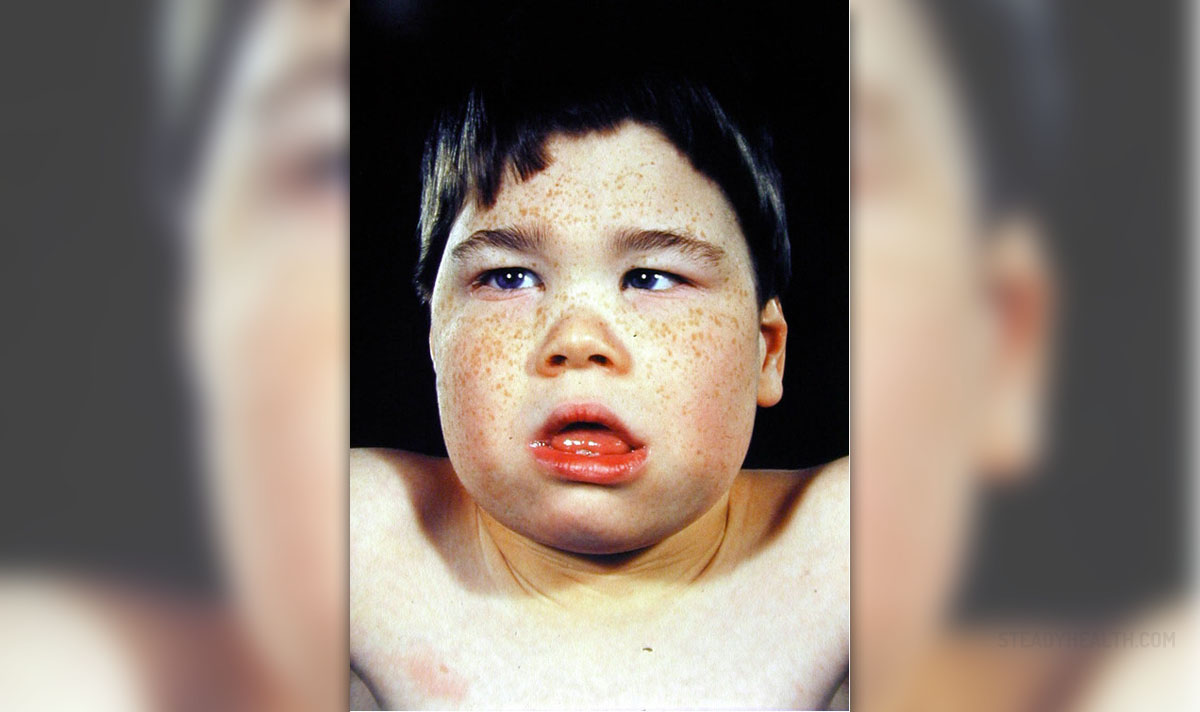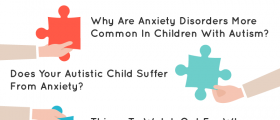
Statistically, about 3% of all children are mentally retarded. This classification carries a certain weight. Namely, it depicts a mental state of a child who is incapable of adapting to his/her environment successfully due to the fact that his/her IQ, being an abbreviation for intelligence quotient, is below average.
Even though not all children with low IQ are considered mentally retarded, some of these individuals are diagnosed through these tests, once their results are found to be below average, between 70 and 89. Note that the average IQ ranges between 90 and 110 and is considered normal.
Nevertheless, no one but qualified professionals like psychologists can properly administer, score and interpret standardized IQ and cognitive tests used for the purposes of assessment.Diagnosis of Mental Retardation in Children
Besides conducting an IQ test, the psychologist diagnosing mental retardation needs to observe the patient and see how well he/she is adapting to certain situations. Children need to adapt to many things in life daily. They need to interact with other people and adjust to their demands. In order for them to be capable of doing this, they need to used their motor and communication skills as well as many self-help and independent skills during eating, dressing, using the toilet etc. Thus, all these matters are taken into consideration during diagnosis.
In the past, children who were diagnosed mentally retarded were often hospitalized and kept under close observation. However, today, medicine and psychology are taking a different course of treatment for this problem, motivating the affected child to stay at home, with his/her family and learn how to manage life and all the obligations it carries.
A good evaluation of the child's needs and requirements is necessary in order for a proper treatment. Thus, a single expert may not be enough, when it comes to assessment. Rather, several medical experts may be involved in the diagnosis of the level of mental retardation in children. Therefore, the tests done during the evaluation are from the field of neurology, psychiatry etc. and also include general medical tests as well as hearing, speech, vision tests and many more.
Once the results of the test are put together and exposed to assessment, the medical experts develop an education and treatment plan for the child suffering from a certain level of mental retardation.
Early diagnosis of this condition is crucial for a successful treatment and greater changes of success in terms of improvement in the long run.
Causes of Mental Retardation in Children
Many things can lead to mental retardation in children. From a genetic point of view, some of the most common reasons behind mental retardation in children are hereditary disorders like phenylketonuria and alterations in the development phases of the embryo, leading to various conditions, like Down syndrome. Additionally, if the mother consumes alcohol during her pregnancy or suffers from certain infections while the fetus is in the uterus, the chances of mental retardation in the child are significantly increased.
Birth and labor complications can also be the culprit, leading to mental retardation, along with injuries to the brain which can take place once the baby is born. These injuries can lead to many different types of impairments, including retardation or loss of certain functions like memory or abilities like speech.
The main period where mental retardation can come to the surface and become prominent is between conception and 18th year of a child's life. Thus, many times, mental retardation in children is not diagnosed timely or is diagnosed improperly.Statistical Data about Mental Retardation in Children
According to various research, children who are diagnosed with mild retardation commonly score between 50 and 70 on the IQ test and can reach up to about 6th grade level of intelligence. Up to 2.7% of children have this form of mental retardation.
On the other hand, moderate mental retardation, affecting up to 0.4% of total population, manifests through scoring up to 55 on the IQ test, when children are capable of reaching up to the 2nd grade, lacking necessary skills and needing guidance and support.
Severe cases of mental retardation in children also affect up to 0.4% of the total population, with children scoring up to 40 on their IQ tests, showing trouble learning words or maintaining some basic levels of self-care. Due to the fact that their condition is serious, these children need to be supervised and kept in groups or family homes.
Finally, profound mental retardation, with IQ scores as low as 25, manifests through poor or no self-care skills and a need for constant supervision throughout the child's life. Again, about 0.4% of the total population suffers from this, the highest level of mental retardation.
All in all, there are several levels and variants of mental retardation in children. Therefore, a proper diagnosis and assessment needs to be carried out in order for the treatment to be adequate and possible. Also, the diagnosis needs to take place as early as possible, increasing chances of successful treatment and improvement.

















Your thoughts on this
Loading...